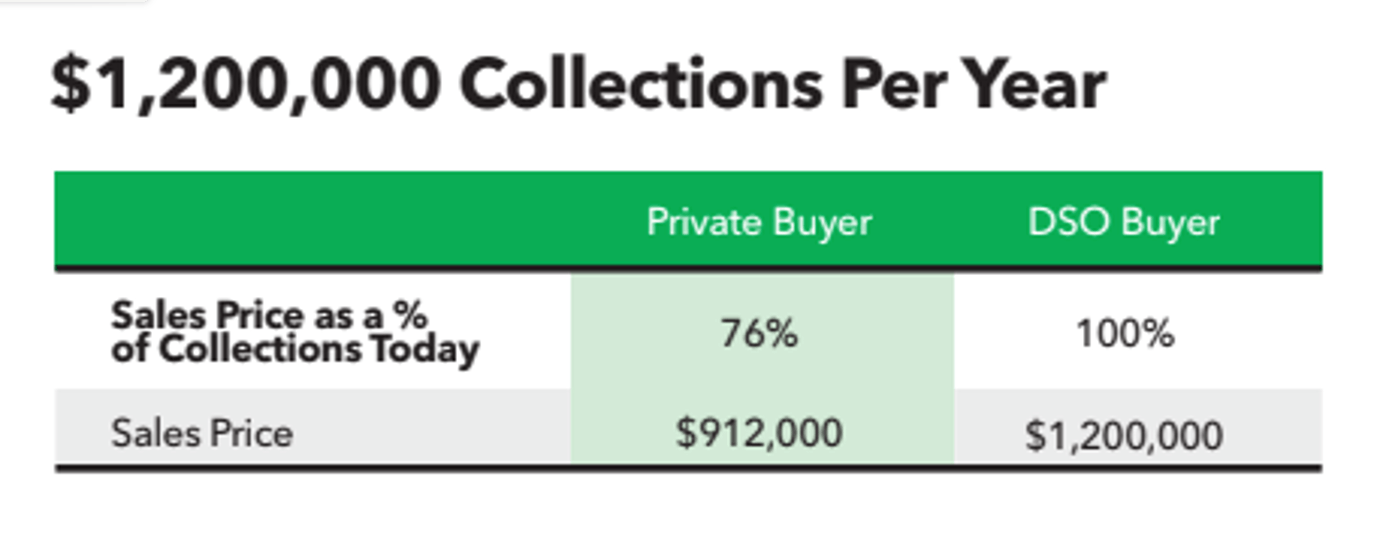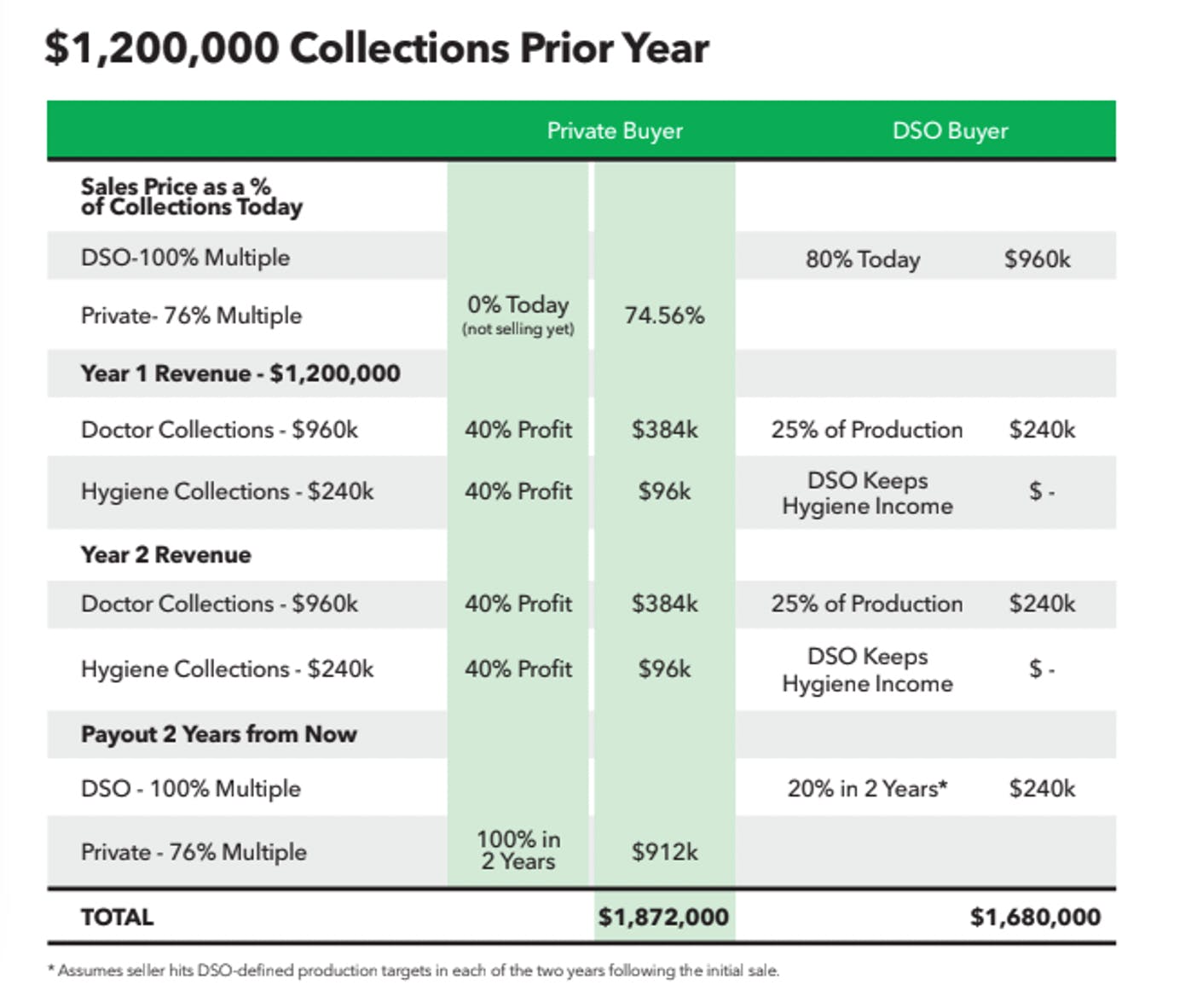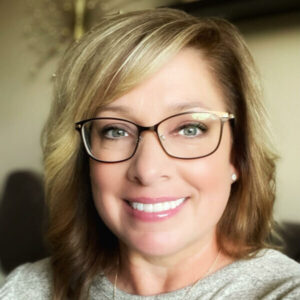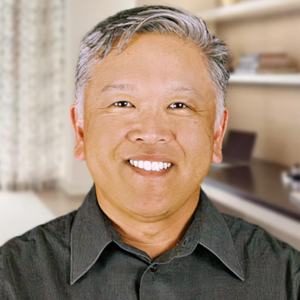Pessimism sells. First it was in newspapers, then 24/7 TV news, and now it’s in social media. Whatever the era, depressing news gets attention and clicks. In the dental industry, this pessimism often takes the form of dentists’ fear of dental support organizations (DSOs). The feeling is that DSOs are crowding out private owners and buyers. This leads some dentists to worry about finding a good practice to buy, or worse, they give up on their dream of ownership and adopt the “If you can’t beat ’em, join ’em” attitude.
Pessimism isn’t always warranted
First of all, the DSO “problem” isn’t as widespread as you may think. Current estimates are that between 10% and 15% of US dental practices are fully or partially owned by a DSO. (One issue in getting accurate measurements is knowing what counts as a DSO. Is it five practices under common ownership? 10 practices?) But the high end of the range still means that 85% of practices are privately owned by dentists who will be looking to sell someday. So, there are plenty of great practices to buy. And the majority of practice sales still go to private buyers, not DSOs.
Private buyer advantages over a DSO
1. Sellers get more money.
You may be thinking, “Wait a minute, I thought DSOs pay huge money when they buy a practice.” It’s true that DSO buyers throw out big numbers. The average DSO buyer’s offer comes in between 90% and 100% of the previous year’s collections. Private buyers’ offers, by contrast, average about 76%. So, if a selling practice took in $1.2 million last year, the numbers look pretty good for the DSO (figure 1).
 |
An extra $288,000 seems like a no-brainer, right? If you’re a private buyer, you’re sunk? Absolutely not. DSO purchase offers usually don’t pay out entirely up front, and they come with some serious strings attached. First of all, the seller may not be able to retire immediately because the DSO will require the person to stay on for a year or two after the sale.
While working for the DSO, the “retiring” dentist will have to hit aggressive production targets. They’ll likely end up having to work even harder during their so-called retirement. Is it beginning to sound less attractive? It should. Because of those production goals and delayed payout, a seller is likely to come out behind by taking the 100%-of-collections sales
 |
In this example, and I’ve seen many just like it, instead of making an extra $288,000, the selling dentist loses $192,000 on the deal and then has two years of unnecessary stress on top of that. Selling to a private buyer probably means more money over the long term, and it definitely means more money over the short term since private buyers make the entire purchase up front.
2. Your philosophies align.
My family moved away from my childhood home when I was a teenager. I went back to visit a few years later and was heartbroken to see the condition of my old house. The paint was peeling, the lawn was brown and weedy, the windows were dirty, and the fence was broken. I had spent many Saturdays mowing that lawn or painting the siding, so I felt like I had a lot of time and effort sunk into that place, to say nothing of the emotional investment. (I shudder to think how my dad must have felt.)
Dental practice owners are in a similar boat. If a gray-haired dentist is ready to sell their practice, they’ve probably put decades of their life into making it a point of pride. The patient and staff culture has been carefully crafted, treatment philosophies have been established, and pride has been rightly cultivated.
A DSO is unlikely to continue operating a practice with the same philosophy, care, and attention as the selling dentist. So, if you, as a private buyer, can assure the seller that their lawn and fence (so to speak) will be maintained in a way they can appreciate, you’ve got a leg up over the corporate competition.
(There’s one more DSO disadvantage and one advantage to go. Read the rest at DentalEconomics.com)
I go into more detail on this — and every other aspect of purchasing a practice — in my online course. I recently dropped the price for the whole course ($997 now $749) and even split it into four mini courses: Preparation, Analysis, Negotiation, and Closing — each priced at only $199. Take the full course and you’ll be ahead of any competition in the hunt for a great practice to buy.
| Get the Course |
Read More:
Don’t Buy the Pessimism – NOW is a Great Time to Buy a Practice
3 Myths About Startups & Why BUYING a Practice Is Better
How Much Should a Dental Practice Collect? | Negotiating a Dental Practice Purchase







